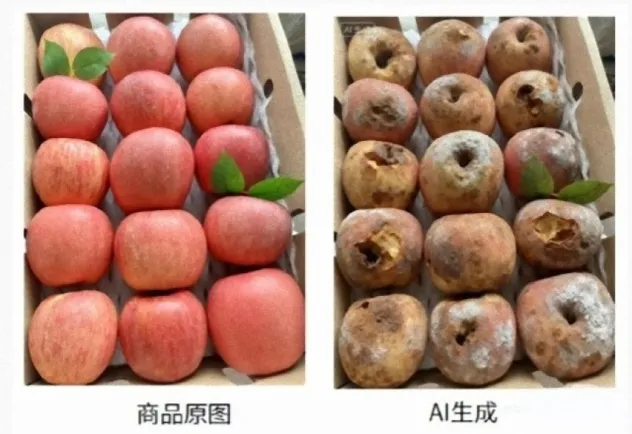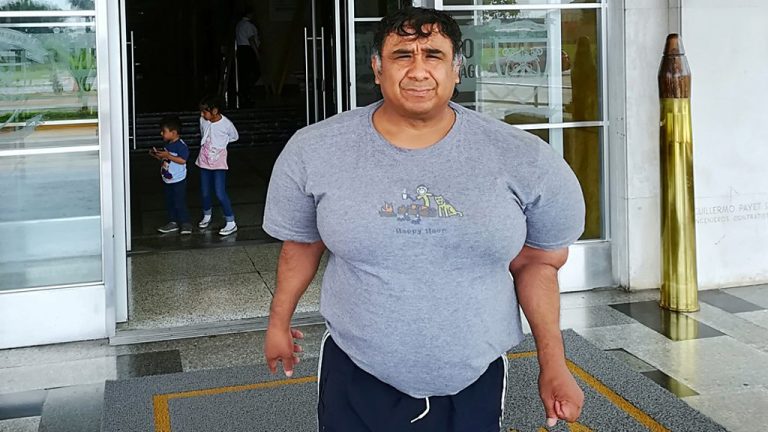Yacouba Sawadogo is an exceptional man – he single-handedly managed to solve a crisis that even scientists and development organizations could not. The simple old farmer’s re-forestation and soil conservation techniques are so effective they’ve helped turn the tide in the fight against the desertification of the harsh lands in northern Burkina Faso.
Over-farming, over-grazing and over population have, over the years, resulted in heavy soil erosion and drying in this landlocked West African nation. Although national and international researchers tried to fix the grave situation, it really didn’t really make much of a difference. Until Yacouba decided to take matters into his own hands in 1980.
Yacouba’s methods were so odd that his fellow farmers ridiculed him. But when his techniques successfully regenerated the forest, they were forced to sit up and take notice. Yacouba revived an ancient African farming practice called ‘zai’, which led to forest growth and increased soil quality.
Photo: Andrea Borgarello/TerrAfrica
Zai is a very simple and low-cost farming technique. Using a shovel or an axe, small holes are dug into the hard ground and filled with compost. Seeds of trees, millet or sorghum are planted in the compost. The holes catch water during the rainy season, so they are able to retain moisture and nutrients during the dry season.
According to the rules of Zai, Yacouba would prepare the lands in the dry season – exactly the opposite of the local practice. Other farmers and land chiefs laughed at him, but soon realized that he is a genius. In just 20 years, he converted a completely barren area into a thriving 30-acre forest with over 60 species of trees.
Photo: YouTube
According to Chris Reji, a natural resources management specialist with the Center for International Cooperation, “Tens of thousands of hectares of land that was completely unproductive has been made productive again thanks to the techniques of Yacouba.”
Yacouba has chosen not to keep his secrets to himself. Instead, he hosts a workshop at his farm, teaching visitors and bringing people together in a spirit of friendship. “I want the training program to be the starting point for many fruitful exchanges across the region,” he said. Farmers from neighboring villages visit him for advice and good quality seeds. “If you stay in your own little corner, all your knowledge is of no use to humanity.”
Photo: YouTube
In 2010, award-winning filmmaker Mark Dodd created a documentary based on Yacouba’s experiences, called ‘The Man Who Stopped the Desert’. It tells the story of how a single man’s efforts saved thousands of farmers across Africa’s Sahel region – one of the worst hit by desertification in the world. The film helps defy the notion that Africa needs outside help to solve its problems. “We must stop teaching and telling, and instead start learning and listening to what the farmers have to say,” said Reji.
The film has helped raise awareness about Yacouba’s work and also resulted in more donations. With the support of Oxfam America, he is now promoting the use of stone bunds that slow runoff, so water from the pits trickle into the soil. This has proven to be a very successful technique.
“What Yacouba has done can also be done by many other farmers across the Sahel. The big challenge is that in the next 5 to 10 years, we will have to try to motivate millions of farmers to invest in trees because it will help them to improve their food security, and at the same time it will also help them adapt to climate change,” said Reji.
But making this happen isn’t as easy as it sounds. In spite of the success of the documentary film, Yacouba is facing problems from several quarters. A recent expansion project has taken up a considerable portion of the forest he spent years growing. Homes are already being built on his land, with meagre compensations.
Despite these setbacks, Yacouba hasn’t lost hope. He is currently trying to raise $20,000 to purchase his forest back. He knows that his work is important – he has doubled his cultivation efforts, expanding into nearby barren lands.
Yacouba’s understanding of the future of the environment and conservation is profound. “If you cut down ten trees a day and fail to plant even one a year, we are headed for destruction,” he said.
















